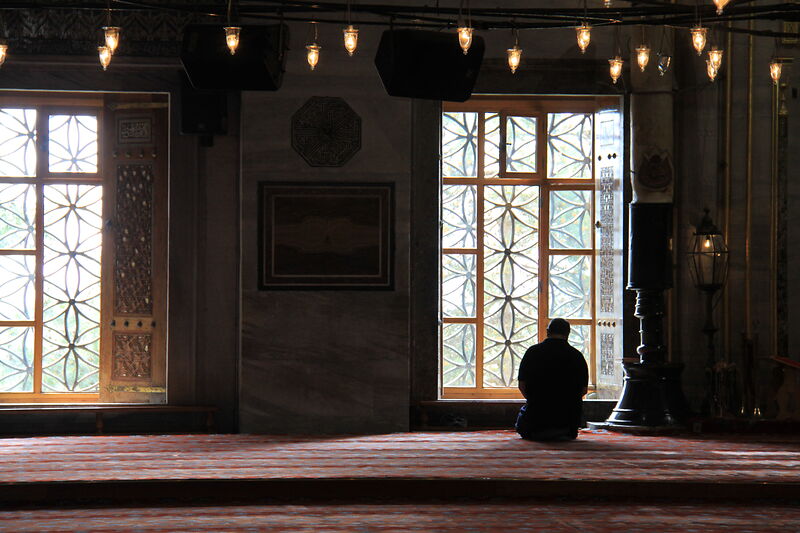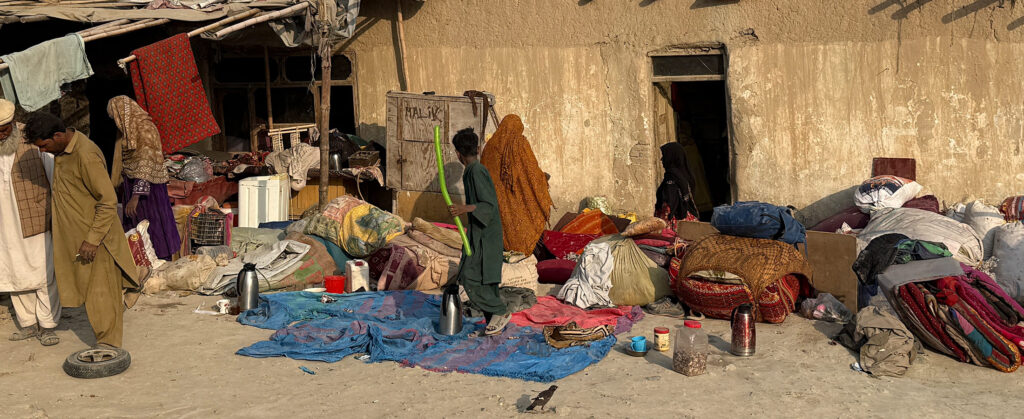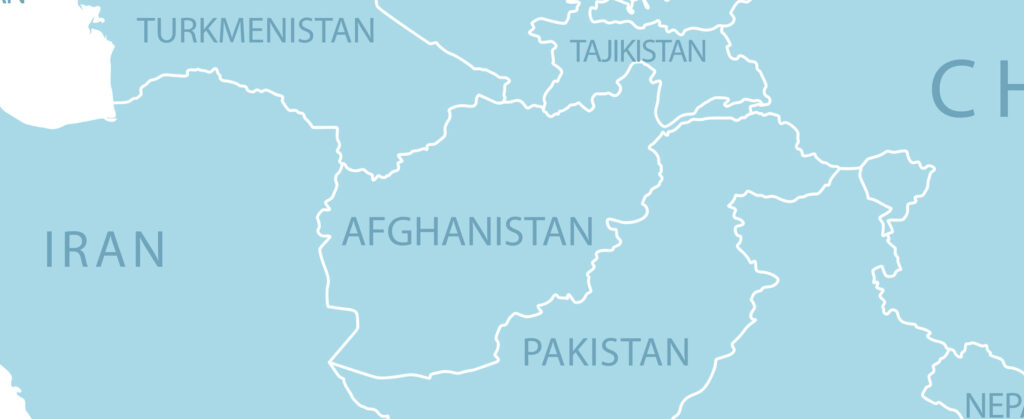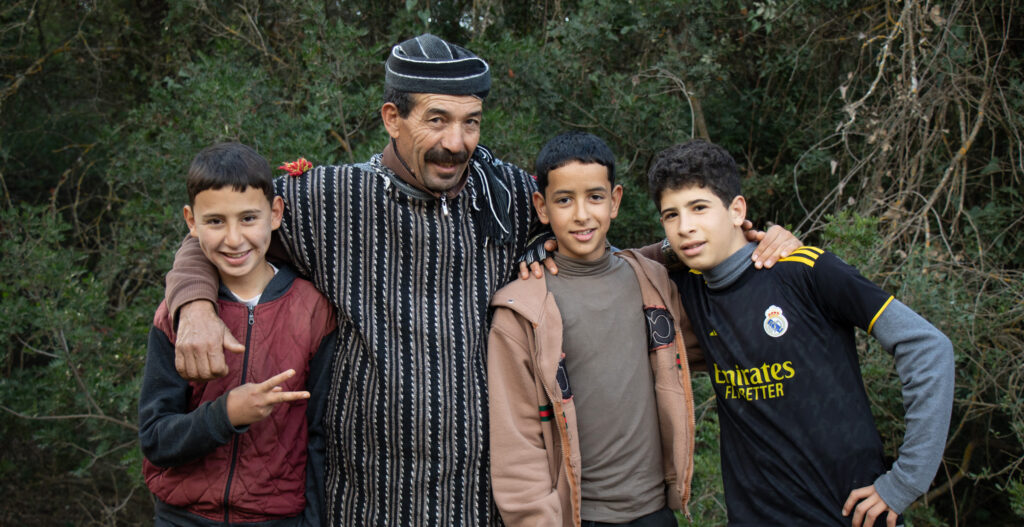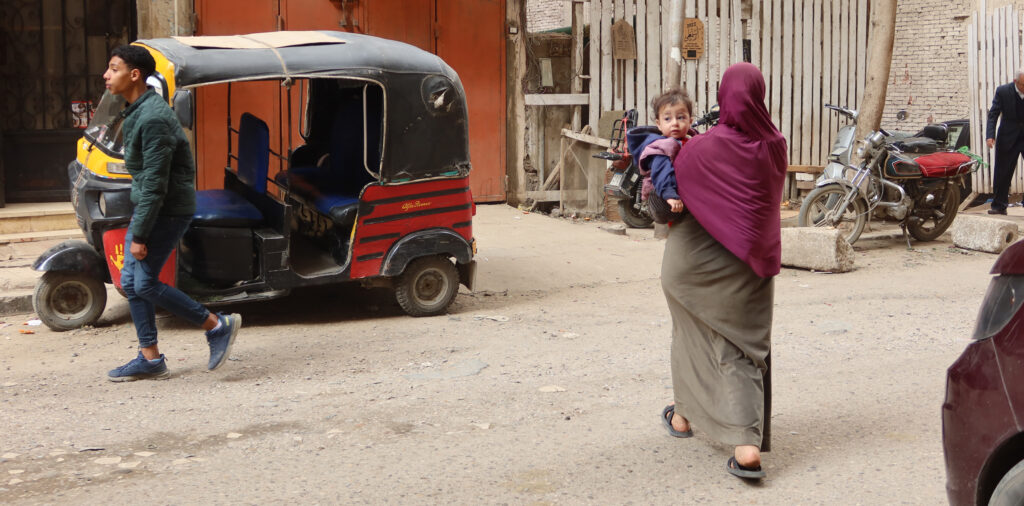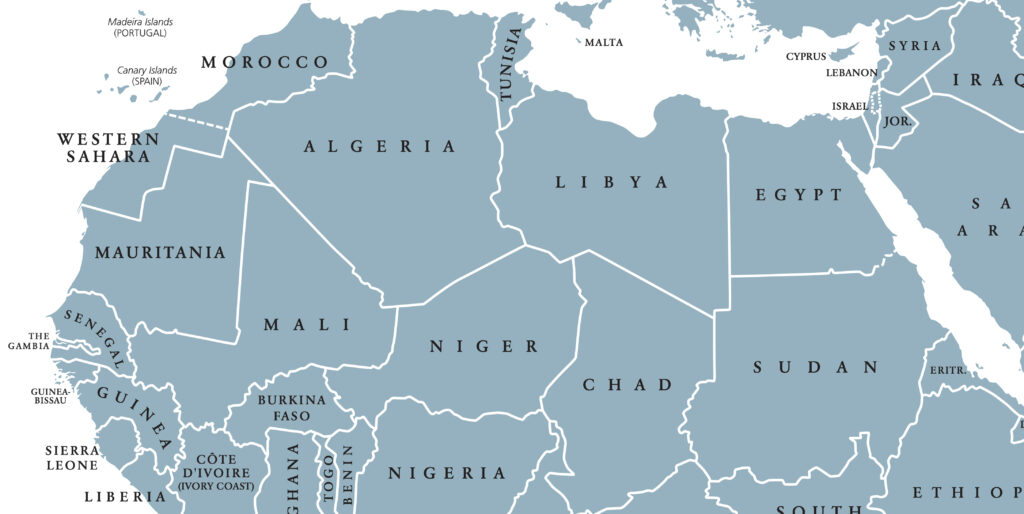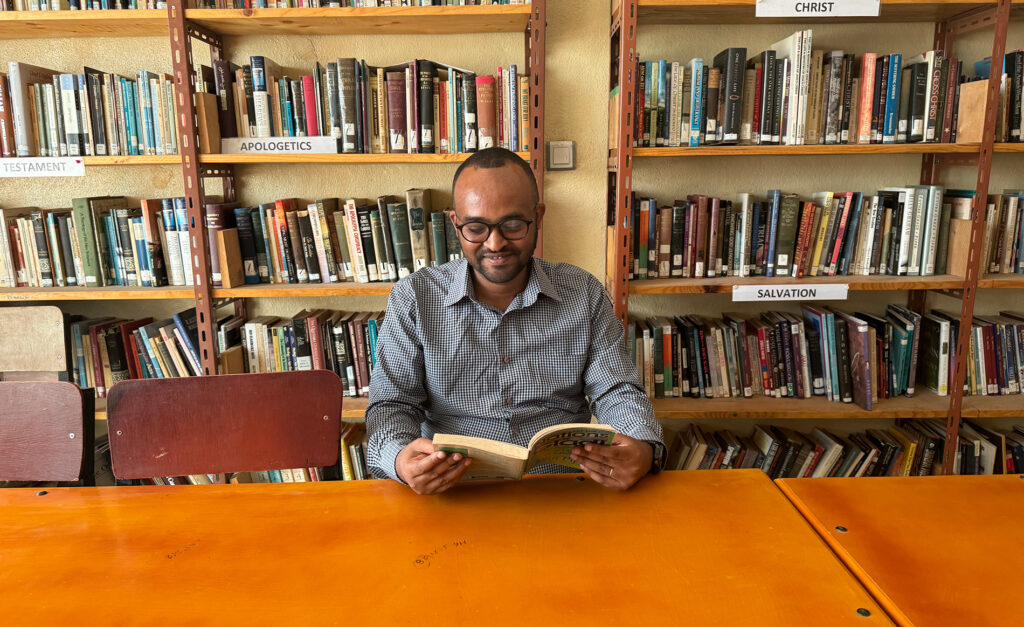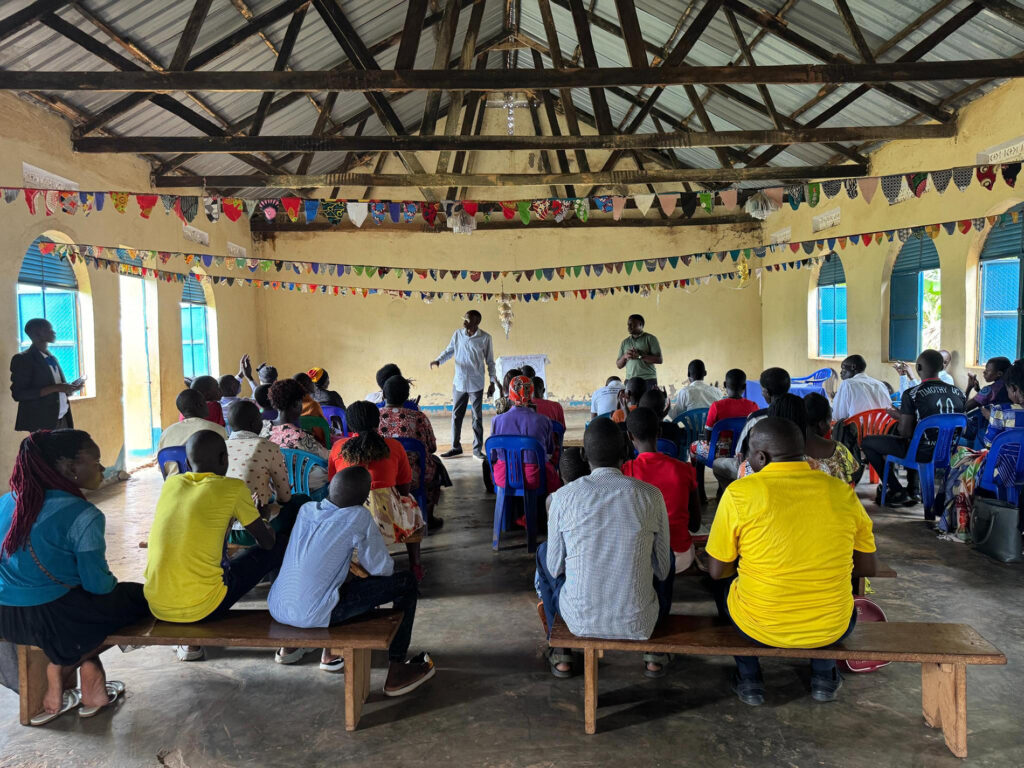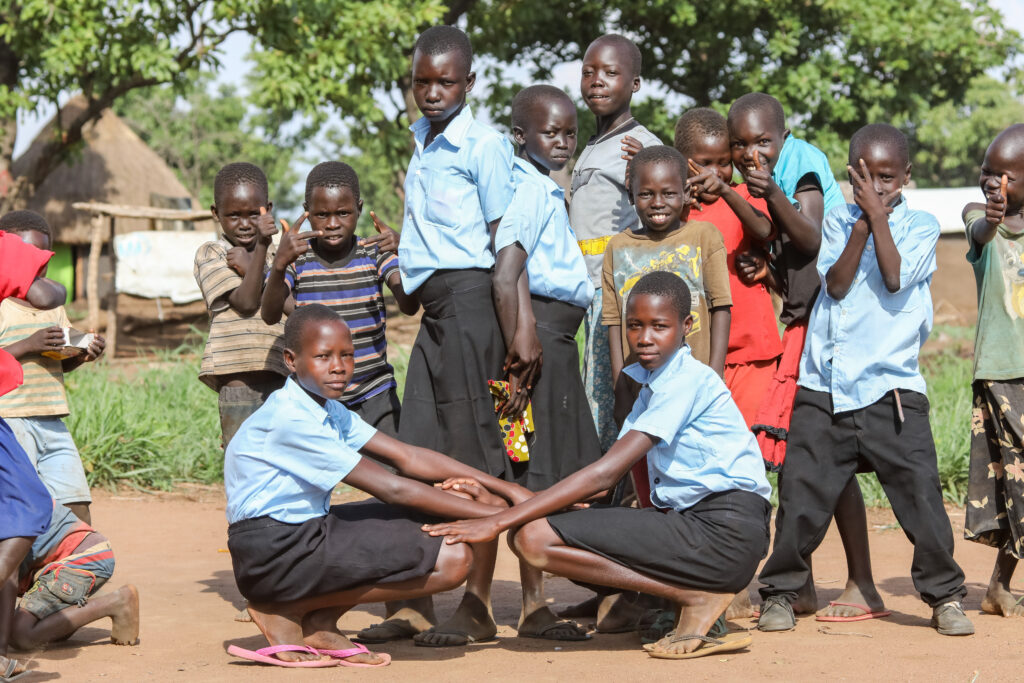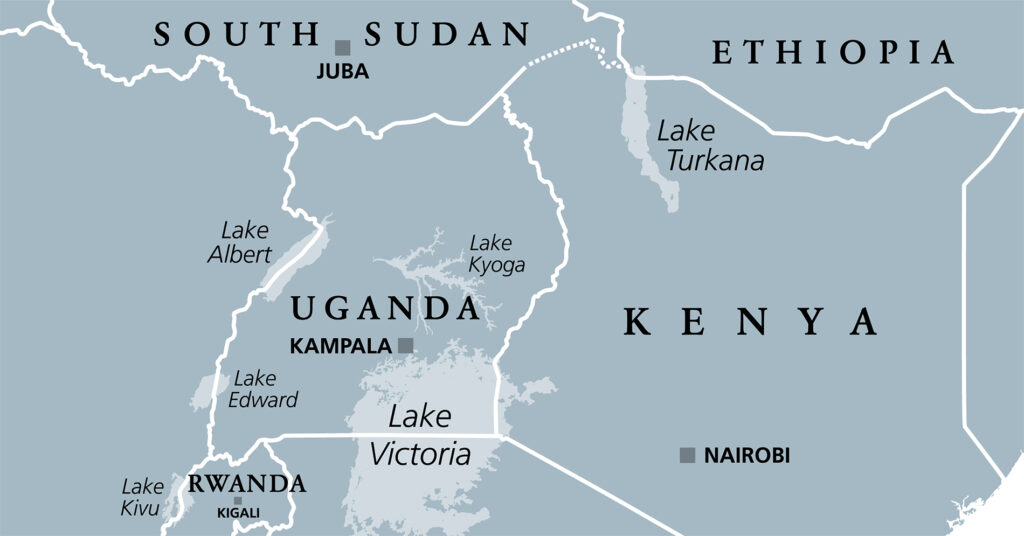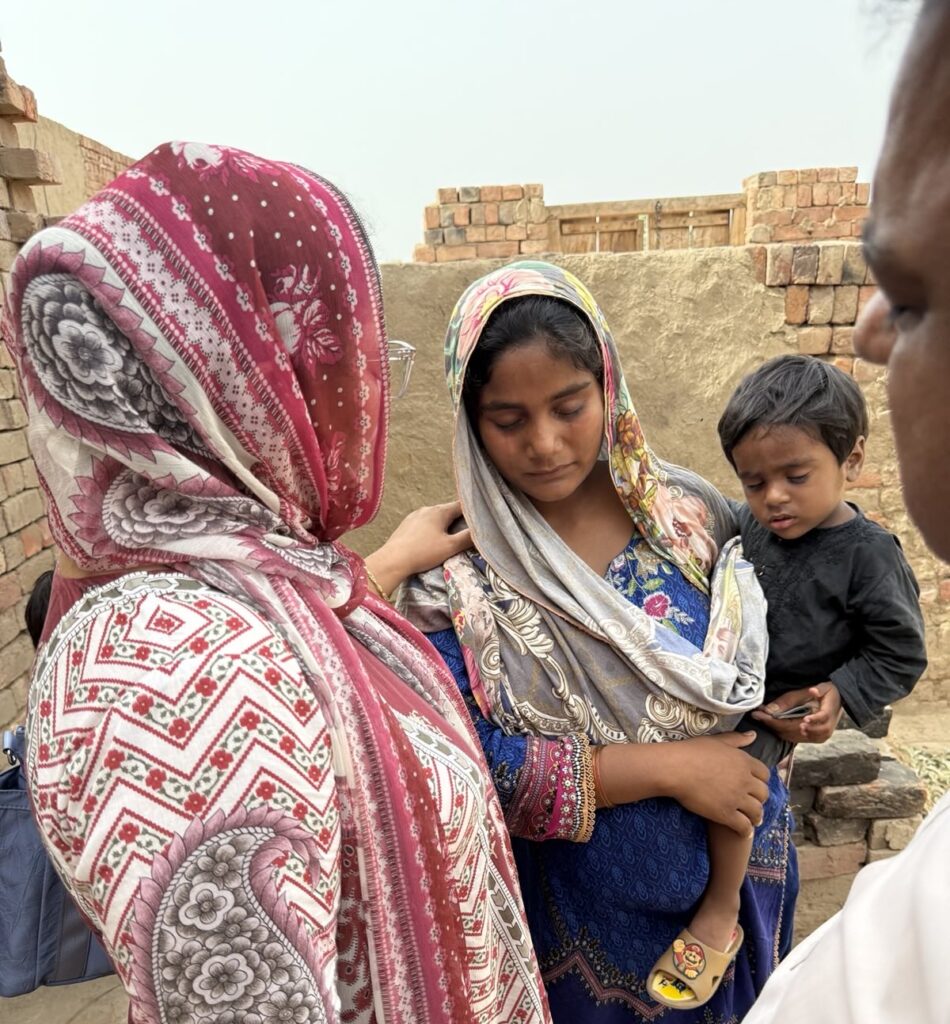Yerik was ready to face his family.
He wanted to marry Rebecca, a woman he met at his church in Istanbul, Turkey. They had both prayed about marriage and were convinced it was God’s will for them. Yerik knew his devout Muslim family would want an elaborate Islamic ceremony, so it was time to be honest. He had to tell them that he had become a Christian two years earlier.
Like many new believers in Turkey, what Yerik feared most was not government oppression. He knew his family shared the same view of Christianity as most Turks. Many Turks believe that if a Muslim converts to Christianity, he has been brainwashed or paid off, or that Christians are spies for Western governments.
When a Turkish person embraces Christianity, they often don’t make a public declaration of faith. They know that Christians often lose their jobs, get kicked out of their homes, and are disowned by family and friends because of society’s perception of Christianity.
“It is a struggle, and it is a hard way to follow, especially in smaller towns,” Pastor Ali Kalkandelen of the Eurasia Protestant Church told ICR. “The majority of the people who believe, they keep silent. They don’t openly confess their faith.”
In Pastor Kalkandelen’s church, a college student who was part of the congregation told his family he had become a Christian. They stopped talking to him and have not spoken to him in weeks, even though they live in the same house. His mother completely ignores him, except for bringing in Islamic clerics to try to force her son back into Islam.
YERIK KNEW THE POTENTIAL RISKS OF BEING HONEST WITH HIS FAMILY. He was an educated man with an MBA. Some of his uncles were Islamic teachers. One worked for the government. And all were committed Muslims.
When Yerik told them, his family was furious. They did everything they could think of to get him to change his mind. One day, a whole group of his male relatives came to the church screaming and yelling. They accused the church for “brainwashing” Yerik. So, for a while, Yerik didn’t go to church.
“Our country takes Islam very seriously,” Pastor Kalkandelen said.
THIS IS A DIFFICULT TIME IN TURKEY. High inflation and unemployment mean most people can’t afford much. Many educated people are leaving the country for better opportunities abroad.
And amid this recent economic turmoil, religious divisions have also grown. According to an ICR field worker, about half the population has become more radically Muslim in the last 20 years, while the other half has become more secular. Those who have become disillusioned with Islam are open to finding faith in Jesus.
“There is a great opportunity for the gospel,” the ICR field worker said.
Christians seized that opportunity when they rushed to help after a massive earthquake struck the country in February 2023. The earthquake affected 11 cities – an area the size of Alabama – leaving thousands homeless, injured, and hungry. The government wasn’t equipped to meet the needs, and Turkish churches, among others, stepped in. They set up street-corner soup kitchens and makeshift clinics and took the unsheltered into church buildings. ICR was among those supporting relief efforts through local churches.
“Since the earthquake, we are seeing more baptisms than ever before,” the ICR field worker said. “The rapid response of the church contributed a lot to this.”
Pastor Kalkandelen agrees the efforts of Christians made a difference in the earthquake-stricken region. More people are attending church meetings, but the pastor says that doesn’t mean they’ve all come to faith.
“Many people’s hearts have changed toward Christians and Christianity. There is much more openness right now to go to these meetings and listen to the message,” he said.
ALTHOUGH CHURCH GROWTH AMONG TURKS IS MODEST, it is exploding among Syrian refugees in Turkey. Syrian refugees don’t feel the community pressure that Turks do. They have been in survival mode since fleeing the war in Syria, and they no longer care what others think. They have lived under the restrictive Islamic regime in Syria, and they are ready to receive Christ. Entire families are coming to Christ.
Those who work with these Arabic-speaking churches say they can’t keep up. They don’t have enough time or money to reach out to all the new believers. There are simply too few Arabic-speaking pastors in Turkey.
Meanwhile, those who work with Turks continue to labor faithfully. Sometimes they meet people like Aslan*, a law student who became interested in Christianity. He researched Christianity on the internet before searching online for the nearest church. He visited the church with questions, and after talking and praying with the pastors, he gave his life to Christ. He began attending church and growing in his faith. However, just before he was baptized, his mother found a Bible in his room.
His family confronted him, and when he confessed his faith, they kicked him out. They told him that if he remained a Christian, he would be cut off and lose his inheritance. Under this pressure, Aslan eventually stopped going to church.
“He said that in his heart, he’s still Christian. But he cannot pursue Christianity and go further with it right now,” his pastor said.
For people like Aslan, becoming a believer means giving up everything and sometimes that’s too difficult to bear. “I cannot blame them,” his pastor said. “They are thinking about protecting their children and their future.”
AS FOR YERIK, he remained steadfast. He refused to give up his faith, but he continued to treat his family with kindness, respect, and love. It took seven or eight months, but they finally allowed him to return to church. They didn’t agree with his new faith, but they acknowledged that they couldn’t change his mind.
He and Rebecca got married.
Today they have a baby, and Yerik is training to be a church leader.
